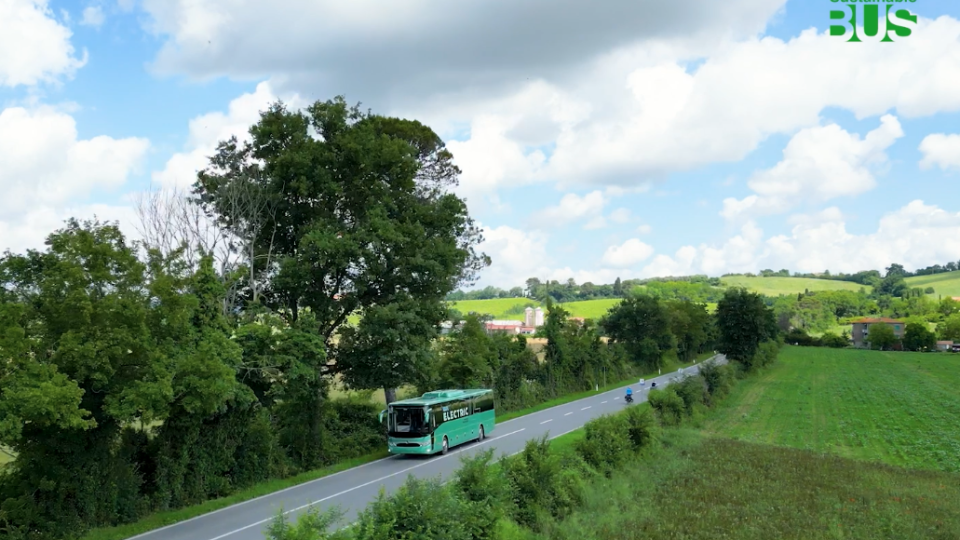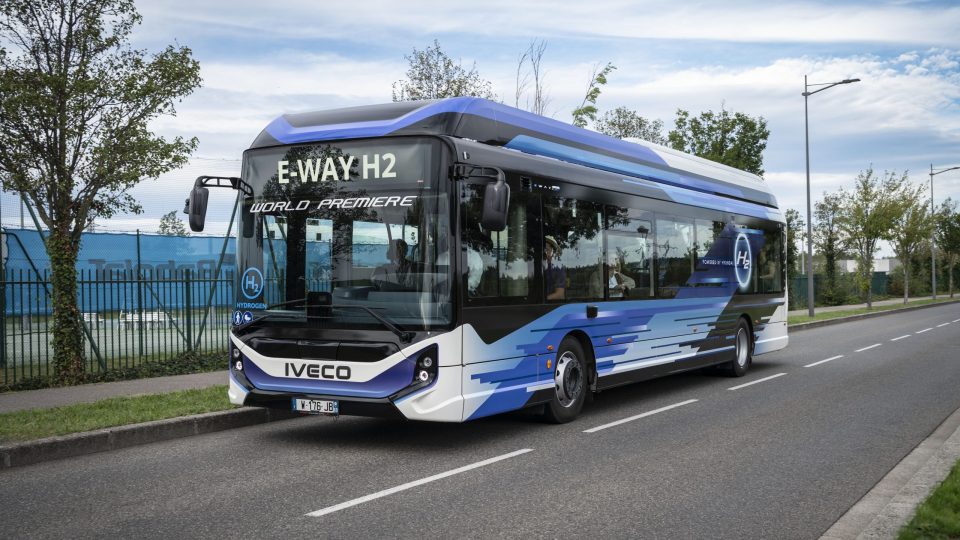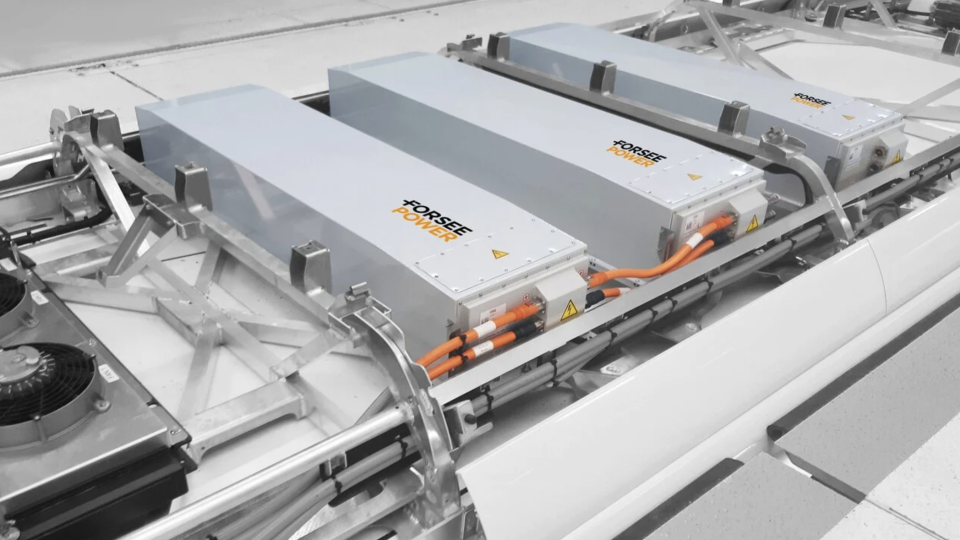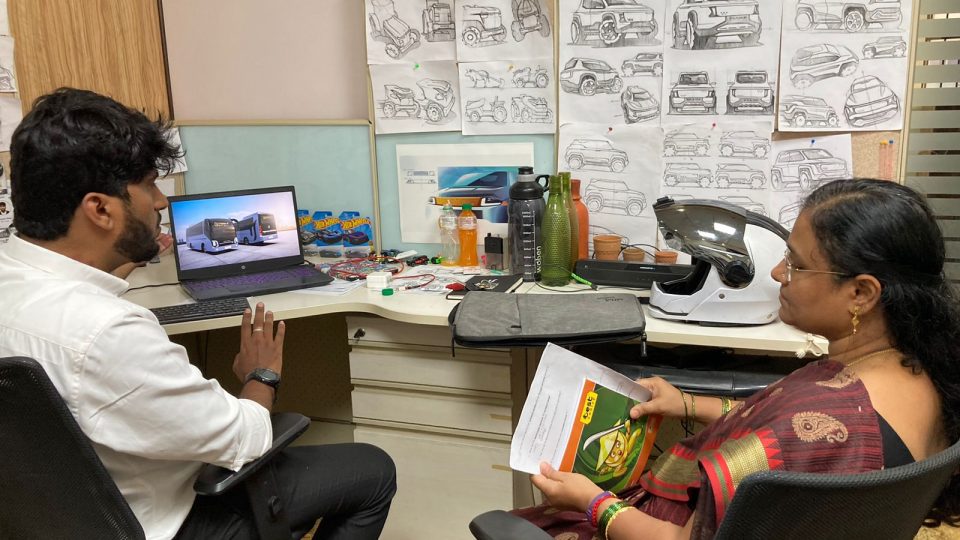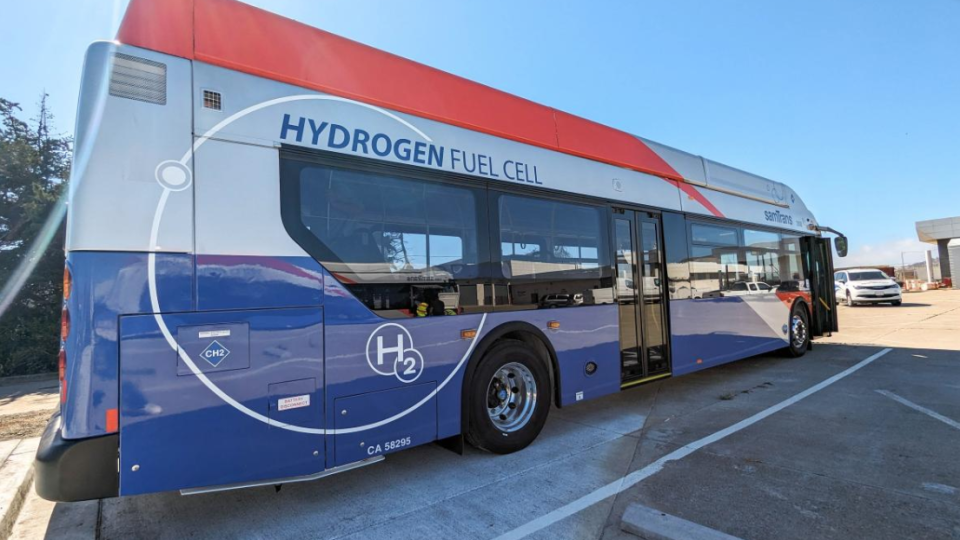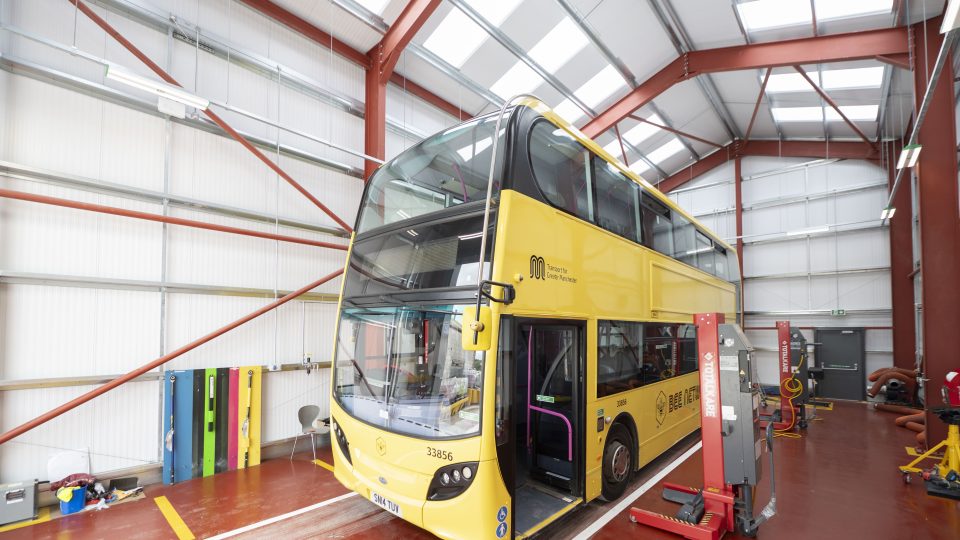Siemens in New Zealand: 3.7 MW of charging power to be installed in Go Bus depots
Go Bus has awarded Siemens two contracts for electric bus charging in New Zealand. DC fast charging technology will be provided to 34 buses through charging devices made by the German group. Two depots in Christchurch and Auckland are concerned: an overall power capacity of around 3.7 Megawatt will be installed. Within the Go Bus […]
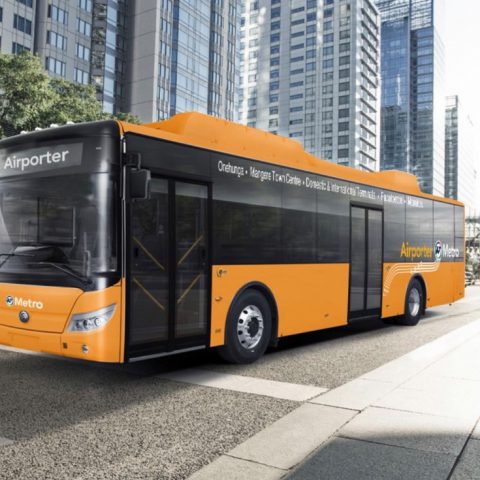
Go Bus has awarded Siemens two contracts for electric bus charging in New Zealand. DC fast charging technology will be provided to 34 buses through charging devices made by the German group. Two depots in Christchurch and Auckland are concerned: an overall power capacity of around 3.7 Megawatt will be installed.
Within the Go Bus project, Siemens charging infrastructure will integrate with e-buses from different suppliers: in this case Chinese OEM Yutong and local New Zealand OEM Global Bus Ventures.
Recently, Siemens has been awarded contracts in Leipzig and Nuremberg (Germany) as well as Genoa (Italy).
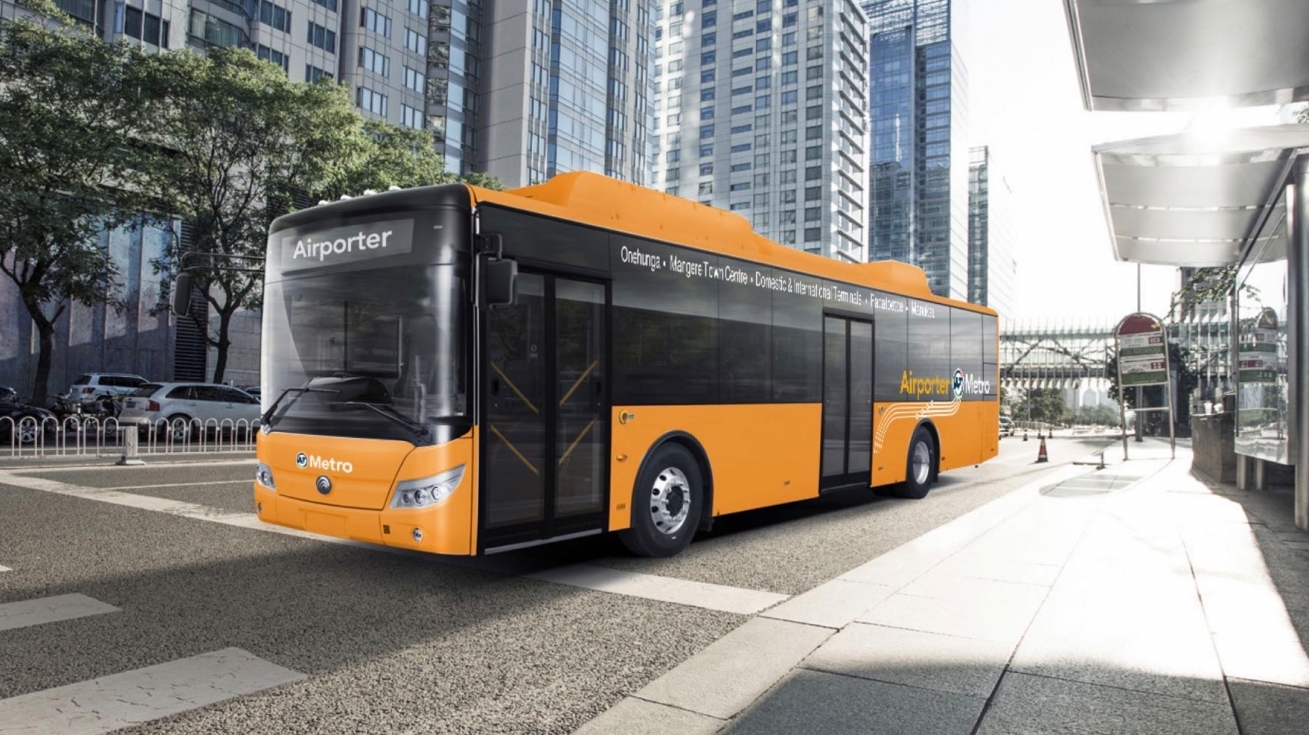
Siemens to charge electric buses in New Zealand starting in 2021
Siemens Smart Infrastructure received an order from Go Bus, one of New Zealand’s largest bus operators, to power two of their bus depots with charging infrastructure for eBuses. The order fulfils two separate Go Bus contracts in Auckland and Christchurch. In Christchurch, 25 electric buses, the city’s first large-scale electric bus fleet, will be charged by Siemens systems. In Auckland, the systems will charge nine buses that will operate on a new electric airport link. The operations are scheduled to start early in 2021.
Go Bus in New Zealand, 25 e-bus parking spaces in Christchurch
Being more specific, Siemens explains that the charging system in the Christchurch depot will consist of 12 Sicharge UC 200 Charging Centers with dispensers powering 25 parking spaces with up to 200 kilowatts.
In Auckland, there will be five of these systems as well as two Sicharge UC 100 stations with a charging power of up to 125 kW, supplying a total of nine e-buses. Both solutions provide plug-in depot charging, according to CCS standard, overnight or for top-up charging between scheduled bus services during the day. The Sicharge UC family supports battery voltages from 10 Volt (V) up to 1,000 V. Current e-buses available in the New Zealand market average between 600 to 700 V, but future bus batteries are expected to use higher voltages to enable faster charging, Siemens adds. Additionally, the charging system uses open communication standards as Open Charge Point Protocol (OCPP) to interact with different backend software, for example for charging management.
The reporting and monitoring function of Siemens’ charging management software will enable Go Bus to centrally monitor all charging infrastructure across two cities and easily report on key metrics including electricity savings, the German group highlights. Smart management functionality will also enable Go Bus to schedule charging to take advantage to lower overnight tariffs while ensuring that individual buses have reached the desired state of charge by the time they are needed for the next day’s operations.
Auckland targets zero emission bus fleet by 2040
New Zealand already boasts more than 80 percent renewable electricity generation, Siemens points out. To further drive decarbonization, one major lever is the electrification of the transport sector, representing 36 percent of energy use in New Zealand. The city of Auckland, for example, aims to have a full zero emission bus fleet by 2040.
“As a national bus operator, Go Bus needs to be agile and adapt to many fast-moving changes when transitioning to electric bus transport,” said Calum Haslop, CEO of Go Bus. “It’s also important that any investments we make now, take into account rapid advances in battery technology and digitalization. Siemens’ independent charging infrastructure and management software provides us with the most future-proof solutions and flexibility.”
Jeff Connolly, CEO of Siemens Australia Pacific and head of Siemens’ Smart Infrastructure portfolio in the region said, “We’re proud to see our technology play a pivotal part in fulfilling New Zealand’s low carbon future. It’s critical to have a long-term view of transport infrastructure – one that centers around the effective and efficient use of the right technology and seamless movement of people.”

